“We are searching for the core of our lives; our culture intuits that writing, that ancient activity, might be a pathway.” And indeed, Natalie Goldberg’s many students have found it be so – as we have in the Writing Life women’s writing circles.
The theme of one of the two six-week writing circles I offered in the fall was Gifts from the Journey. My intent was that in the stillness of the circle, we would honour our influences along the way: the people (teachers, friends, ancestors); the places we’ve lived and visited; the many experiences we’ve lived and thereby honour ourselves. And I wanted to make sure our writing about the past was done from being grounded in the present.
There were various gifts along the way as we supported the telling of one another’s stories. And there were epiphanies and insights about the writing process itself. Those insights, I pointed out to the women, are good to make note of.
After ringing the Tibetan ting sha and asking members of the writing circle to take three deep breaths, I read a poem. This is the same practice every week. In week one I read a poem called “Remember” by Joy Harjo.
“Remember the sky that you were born under, / know each of the star’s stories,” the poem begins. Some of the writing we did in that circle was inspired by the poem. We began to write “I remember. . . “
I remember the winter of 2016 as being a sort of blur of being mostly bedridden, of the effort it took to get up and down the two front steps.
I remember being in a wheelchair while on the ferry and feeling protected as Sarah pushed me around in it.
I remember seeing Nanaimo storyteller Margaret Murphy as Georgia O’Keeffe saying “I faced my own unknown.”
I remember Dad beside me on the bench of the picnic table. I thought of all I could ask him and yet the time didn’t seem right. I am left to imagine what I do not know.
We wrote while we were together and shared what came up. We echoed back what resonated with us. Some are inspired to keep writing during the week and will bring something back to share the following week. Their confidence builds as they find their own voice.
Another prompt that kept us going was to write “My Life Story in Ten Objects.” You can start with a list or you can get caught up with one object and write a poem or a personal essay.
One of the objects from my list as a symbol or object from recent times was a blue cane called Hugo.
Grandma used a cane as she had arthritis and one leg was fused at the knee. I don’t know why. I just remember her leg always being straight out when she sat down in the wicker rocker in the living room.
Mum used a cane to help her along after she had her right leg amputated below the knee. I had fears of the same thing happening to me when I had cancer in my shin.
In the morning when I put ointment on the small patch of the skin graft not healed and put on a compression stocking, I think of Mum having to put on a stump sock and a prosthesis. I don’t actually have it so bad.
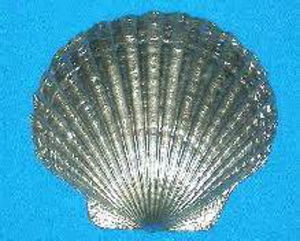 The blue cane isn’t a symbol of my aging. It’s a symbol of a lump in the road. Better to adopt a symbol like the shell with it many marking designating many journeys. And the shell, especially to pilgrims on the Camino, signifies walking. Let me be a walker again.
The blue cane isn’t a symbol of my aging. It’s a symbol of a lump in the road. Better to adopt a symbol like the shell with it many marking designating many journeys. And the shell, especially to pilgrims on the Camino, signifies walking. Let me be a walker again.
Mum and I took walks sometimes near Bay and Bloor, in Toronto, where she lived and I did also for a time. One summer we walked around the block from St. Charles to Yonge where there was an artisan selling jewellery. I still have the silver and abalone earrings I bought that day. On one of the side streets there was a sign in a second floor law office window reading “summery convictions” like the season rather than “summary.” We had a chuckle together over that.
In the second week of the writing circle, we had a look at some questions adapted from “Deep Inquiry Practices” in Laraine Herring’s On Being Stuck: Tapping into the Creative Power of Writer’s Block (Shambhala, 2016). You can see my review of the book here.
One of the questions was: “Did the piece you wrote last week based on the prompt ‘My Life in Ten Objects’ reveal something to you?” Another question was: “What, do you think, are the large questions you work is evoking?”
We followed all sorts of writing prompts through the six weeks including “the first time I…” and “turning points” and “the simple and true” as inspired by Philip Levine’s poem called “The Simple Truth.” And we wrote about a family kitchen inspired by Beth Powning’s personal essay, “The Keeping Room.”
On the final day, we created collages about the “now” of this season as inspired by a quote by Patrick Lane in his memoir, There is a Season (McClelland & Stewart, 2004).
Go into the garden and learn the world that surrounds you. Look at how you’ve placed a stone. Now the trees and shrubs are bare you can more easily see how they harmonize with the garden. Imagine. Let the images in your mind be companions to your practice. Don’t think of the coming year and what it will bring, rather settle into the now of this season. Rest, reflect, prepare. Listen. There is a story the earth has to tell you.
If you were to write something in response to this excerpt, you could describe the “now” of this season. You could write a paragraph (or the first stanza of a poem) about “rest”, and one about “reflect,” followed by “prepare” and then “listen.”
What story does the earth have to tell you?
The above is one of my favourite excerpts from Patrick’s memoir and has helped me stay with these days rather than, too soon, get ahead of myself planning the new year to come. There will be writing circles in January and the ideas are percolating but I don’t need to do all that planning right now.
There are many more writing prompts from the six weeks of the circle but I thought these might inspire your own writing and give you an opportunity to find out what it’s like in a writing circle.
As always, I close the circle with a poem. Here’s an excerpt from “Blessing for a Writer” by Pat Schneider included in her book, How the Light Gets In (Oxford University Press, 2013).
May you dare in your own words to touch
the broken heart of the world.
May your passion for peace and justice be wise.

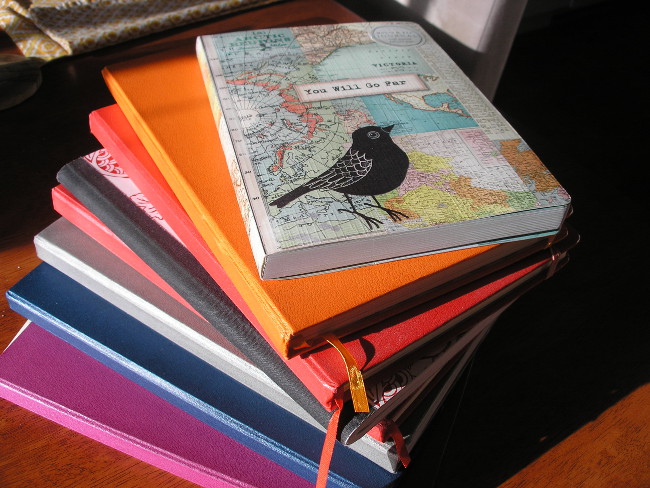
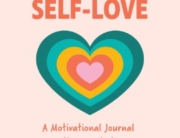
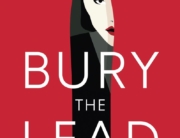
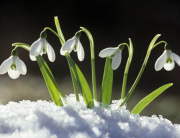
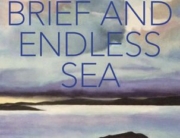
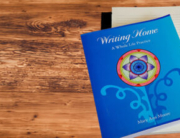
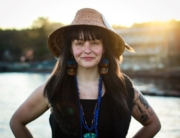
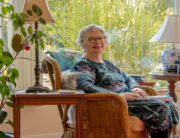
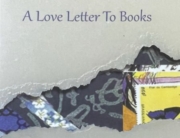
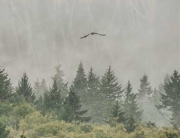
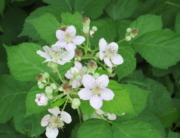
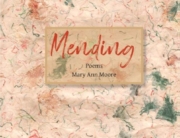
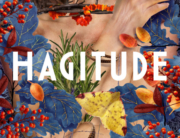
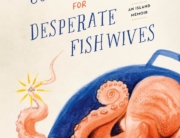
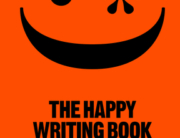
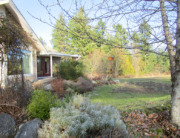
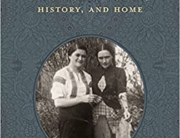
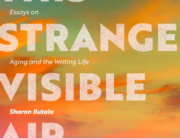
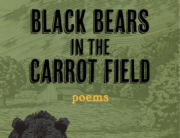
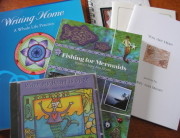
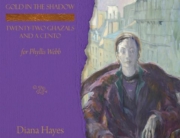
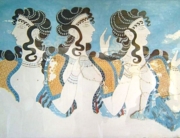
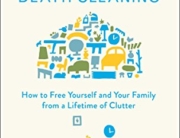
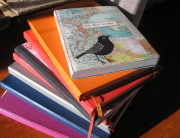
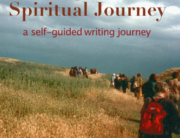
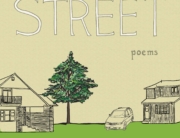
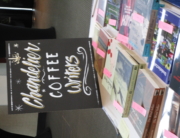
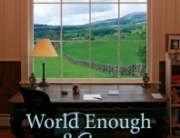
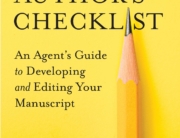
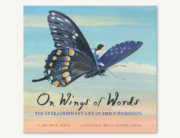
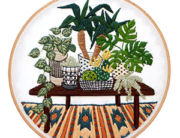
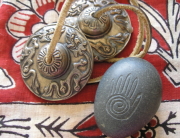
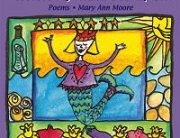
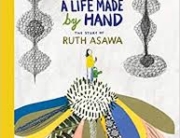
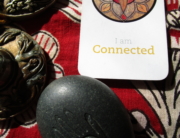
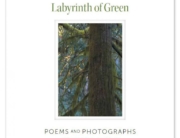
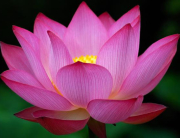
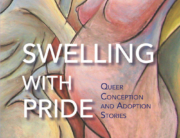
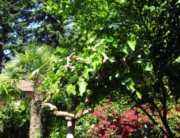
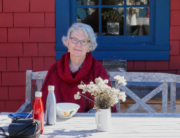
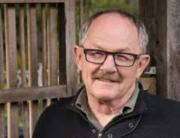
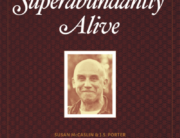
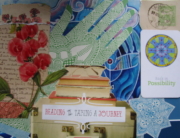
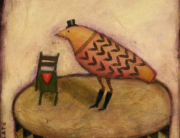
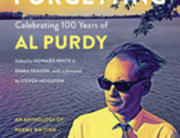
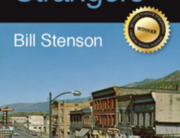
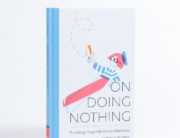
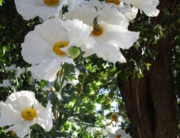
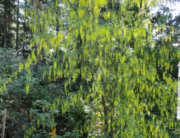
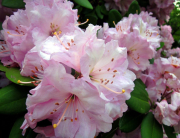
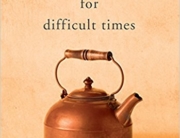
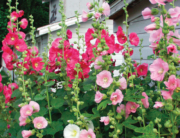
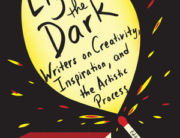
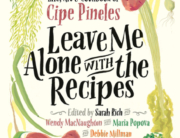
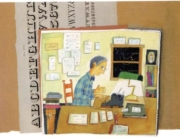
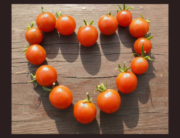
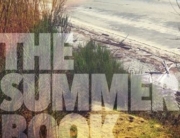
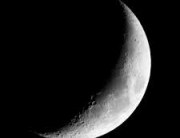
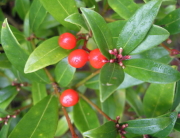
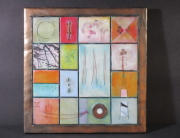
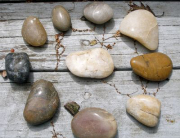
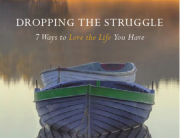
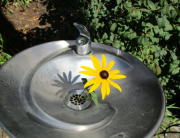
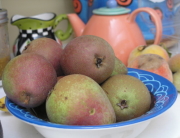
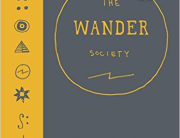
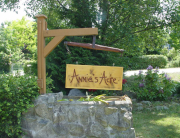
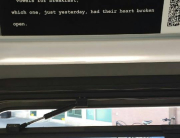
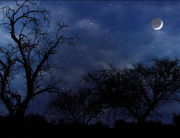
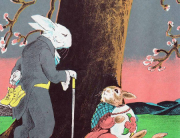
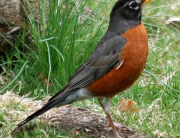
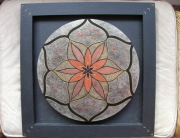
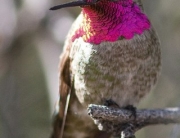
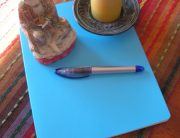

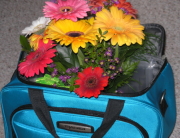
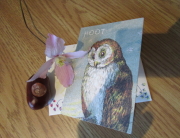
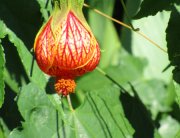
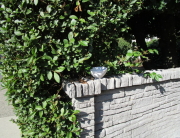
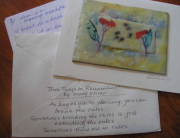
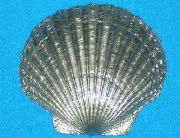
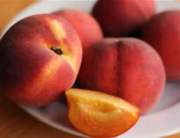
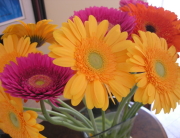
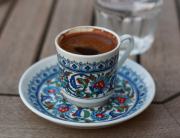
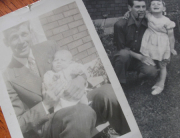
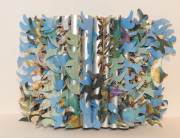

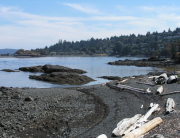
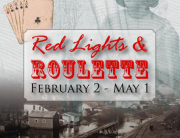
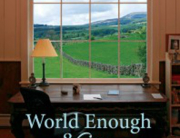
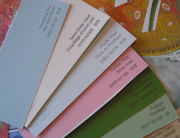
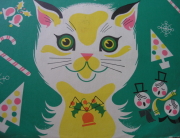
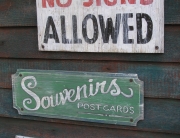
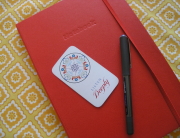
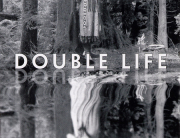

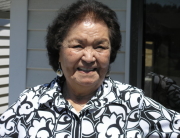
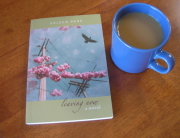
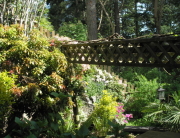
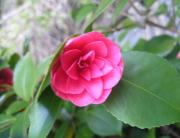

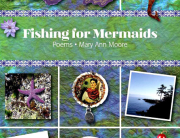
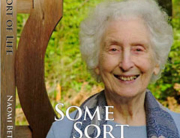
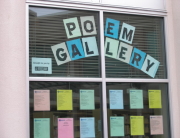
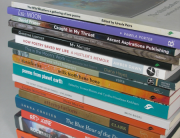

This is just wonderful Mary Ann, it’s so fascinating having a synopsis of what we did in the 6 week writing circle. Makes me inspired to start and revisit what we did, or have an entirely different “do over”.
Hugs and all love to you and Sarah from the sunny south lands, Thanksgiving in the USA tomorrow.
di
Thanks for your gifts of these writing prompts, Mary Ann! And thank you for daring…